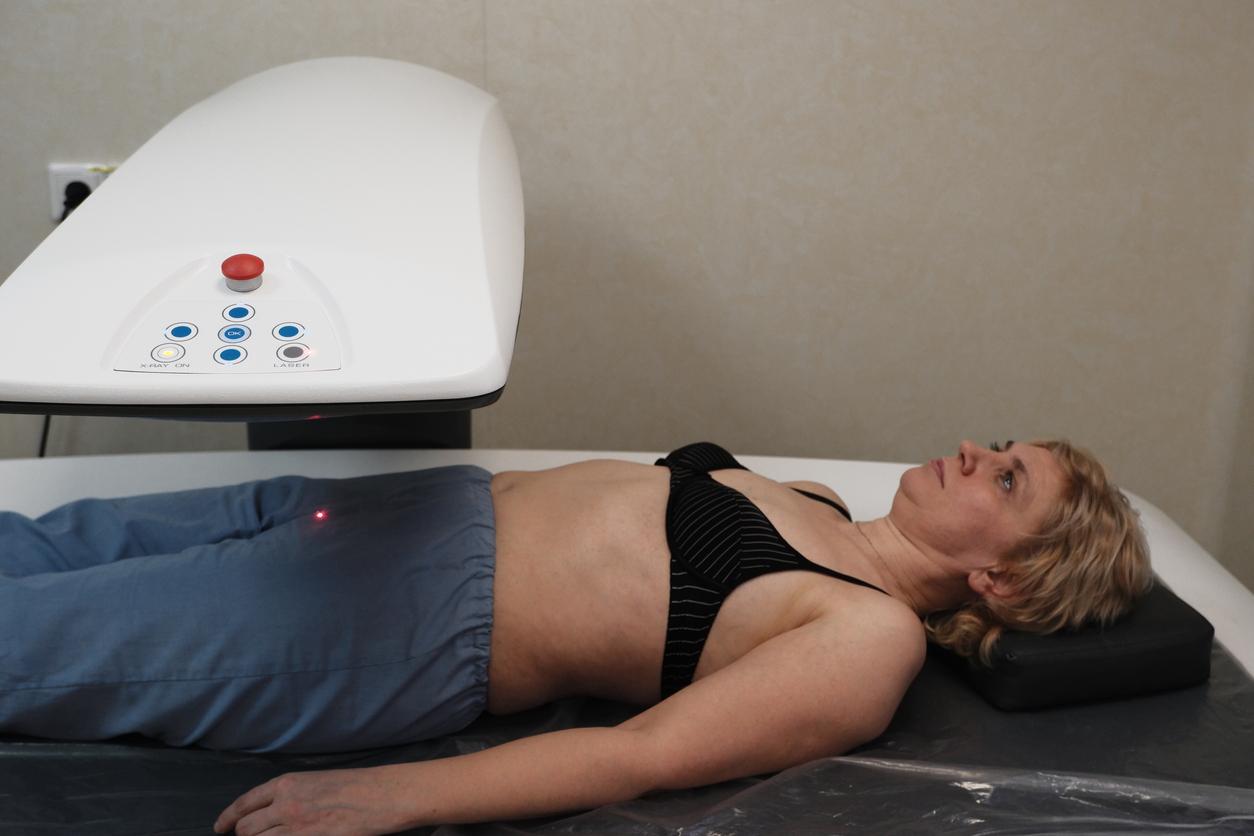The issue of vitamin D supplementation in osteoporotic patients, and the optimal frequency of intake, is a subject of ongoing research and discussion.

- Vitamin D is essential for bone health and the prevention of osteoporosis.
- The optimal frequency of vitamin D intake in osteoporotic patients is a subject of research and debate.
- It is important to consult a doctor for personalized advice on vitamin D supplementation.
Vitamin D: daily or monthly intake?
Published studies present nuanced results:
• Daily contributions:
- Some studies suggest that moderate daily doses of vitamin D (about 400 to 800 IU) may be beneficial for bone density and fracture prevention, especially in older adults.
- Other studies have not shown a significant effect on bone health with daily doses.
• Monthly contributions:
- More recent studies suggest that higher doses of vitamin D given intermittently (eg, 50,000 IU once a month) may be as effective, or more effective, than lower daily doses in improving bone density and reducing fracture risk.
- Monthly administration may also be more convenient and promote treatment compliance.
Current recommendations:
Official recommendations vary between countries and learned societies.
• In France : The GRIO (Osteoporosis Research Group) recommends monthly supplementation of 50,000 IU of vitamin D3 in osteoporotic patients at risk of deficiency, in combination with an adequate calcium intake.
• Other organizations:
- Recommend daily doses between 400 and 800 IU for adults in general.
- Suggest higher doses in people at risk of deficiency or with osteoporosis proven.
In summary:
- The question of the optimal frequency of vitamin D intake in osteoporotic patients has not yet been definitively answered.
- Further studies are needed to compare the efficacy and safety of different dosages and administration schedules.
- It is important to consult a doctor to obtain personalized advice based on your individual profile and health condition.

Osteoporosis: why take vitamin D?
Osteoporosis is a disease characterized by a decrease in bone density and quality, which increases the risk of fractures. Vitamin D plays a crucial role in the prevention and management of osteoporosis for several reasons:
Calcium absorption
Vitamin D is essential for the absorption of calcium in the intestine. Without sufficient vitamin D, the body cannot effectively absorb calcium from food. Calcium is a fundamental mineral for the formation and maintenance of bone density. A vitamin D deficiency can therefore lead to calcium deficiency, increasing the risk of osteoporosis and fractures.
Bone formation
Vitamin D helps regulate calcium and phosphate in the blood, minerals needed for bone mineralization. It also promotes the normal function of osteoblasts and osteoclasts, the cells responsible for bone formation and resorption. By supporting these processes, vitamin D helps maintain strong, healthy bones.
Fracture reduction
Studies have shown that vitamin D supplements may reduce the risk of fractures, particularly in older adults. For example, a meta-analysis found that vitamin D supplementation, combined with calcium, reduced the risk of hip fractures and nonvertebral fractures in older adults. This underscores the importance of maintaining adequate vitamin D levels to prevent serious complications of osteoporosis.
Immune and muscle function
Vitamin D also plays a role in muscle and immune function. Good muscle function is essential for stability and coordination, reducing the risk of falls, a major risk factor for fractures in people with osteoporosis.
















